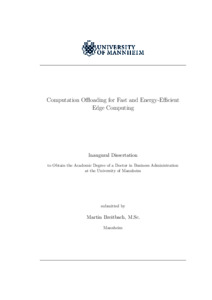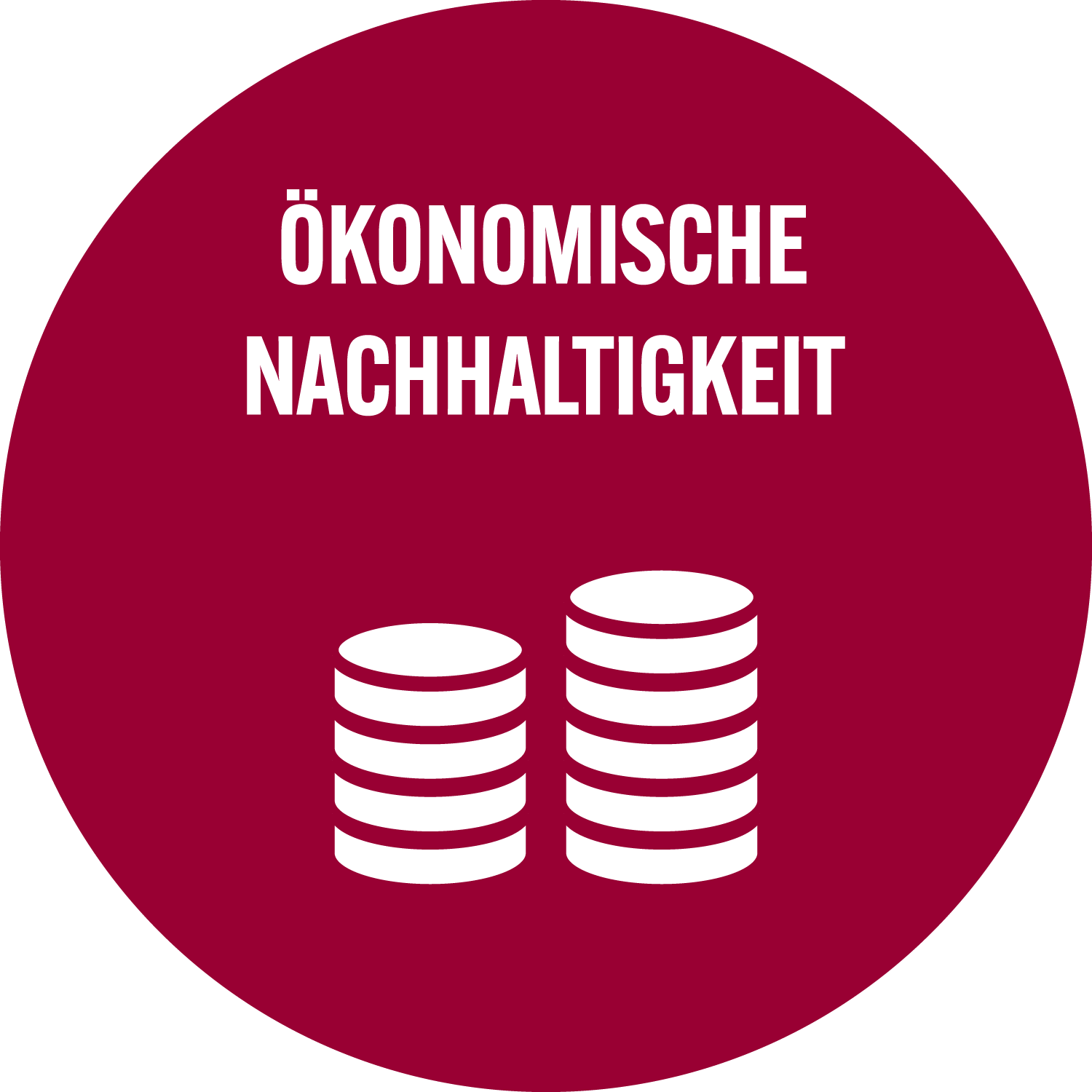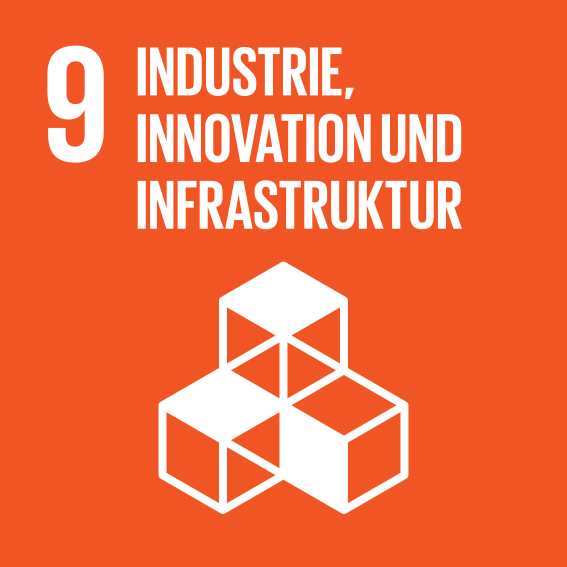|
Computation offloading for fast and energy-efficient edge computing
Breitbach, Martin
![[img]](https://madoc.bib.uni-mannheim.de/61575/1.hassmallThumbnailVersion/Dissertation_Breitbach.pdf)  Vorschau |
|
PDF
Dissertation_Breitbach.pdf
- Veröffentlichte Version
Download (8MB)
|
|
URL:
|
https://madoc.bib.uni-mannheim.de/61575
|
|
URN:
|
urn:nbn:de:bsz:180-madoc-615754
|
|
Dokumenttyp:
|
Dissertation
|
|
Erscheinungsjahr:
|
2022
|
|
Ort der Veröffentlichung:
|
Mannheim
|
|
Hochschule:
|
Universität Mannheim
|
|
Gutachter:
|
Becker, Christian
|
|
Datum der mündl. Prüfung:
|
18 Februar 2022
|
|
Sprache der Veröffentlichung:
|
Englisch
|
|
Einrichtung:
|
Fakultät für Betriebswirtschaftslehre > Wirtschaftsinformatik II (Becker 2006-2021)
|
|
Fachgebiet:
|
004 Informatik
|
|
Freie Schlagwörter (Englisch):
|
edge computing , computation offloading , energy efficiency , distributed systems
|
|
Abstract:
|
In recent years, the demand for computing power has increased considerably due to the popularity of applications that involve computationally intensive tasks such as machine learning or computer vision. At the same time, users increasingly run such applications on smartphones or wearables, which have limited computational power. The research community has proposed computation offloading to meet the demand for computing power. Resource-constrained devices offload workload to remote resource providers. These providers perform the computations and return the results via the network. Computation offloading has two major benefits. First, it accelerates the execution of computationally intensive tasks and therefore reduces waiting times. Second, it decreases the energy consumption of the offloading device, which is especially attractive for devices that run on battery. After years in which cloud servers were the primary resource providers, computation offloading in edge computing systems is currently gaining popularity. Edge-based systems leverage end-user devices such as smartphones, laptops, or desktop PCs instead of cloud servers as computational resource providers. Computation offloading in such environments leads to lower latencies, better utilization of end-user devices, and lower costs in comparison to traditional cloud computing.
In this thesis, we present a computation offloading approach for fast and energy-efficient edge computing. We build upon the Tasklet system – a middleware-based computation offloading system. The Tasklet system allows devices to offload heterogeneous tasks to heterogeneous providers. We address three challenges of computation offloading in the edge. First, many applications are data-intensive, which necessitates a time-consuming transfer of input data ahead of a remote execution. To overcome this challenge, we introduce DataVinci – an approach that proactively places input data on suitable devices to accelerate task execution. DataVinci additionally offers task placement strategies that exploit data locality. Second, modern applications are often user-facing and responsive. They require sub-second execution of computationally intensive tasks to ensure proper user experience. We design the decentralized scheduling approach DecArt for such applications. Third, deciding whether a local or remote execution of an upcoming task will consume less energy is non-trivial. This decision is particularly challenging as task complexity and result data size vary across executions, even if the source code is similar. We introduce the energy-aware scheduling approach Voltaire, which uses machine learning and device-specific energy profiles for making precise offloading decisions. We integrate DataVinci, DecArt, and Voltaire into the Tasklet system and evaluate the benefits in extensive experiments.
|
 | Dieser Eintrag ist Teil der Universitätsbibliographie. |
 | Das Dokument wird vom Publikationsserver der Universitätsbibliothek Mannheim bereitgestellt. |
 Suche Autoren in Suche Autoren in
Sie haben einen Fehler gefunden? Teilen Sie uns Ihren Korrekturwunsch bitte hier mit: E-Mail
Actions (login required)
 |
Eintrag anzeigen |
|
|
 ORCID: 0000-0001-6671-2762
ORCID: 0000-0001-6671-2762









 Suche Autoren in
Suche Autoren in